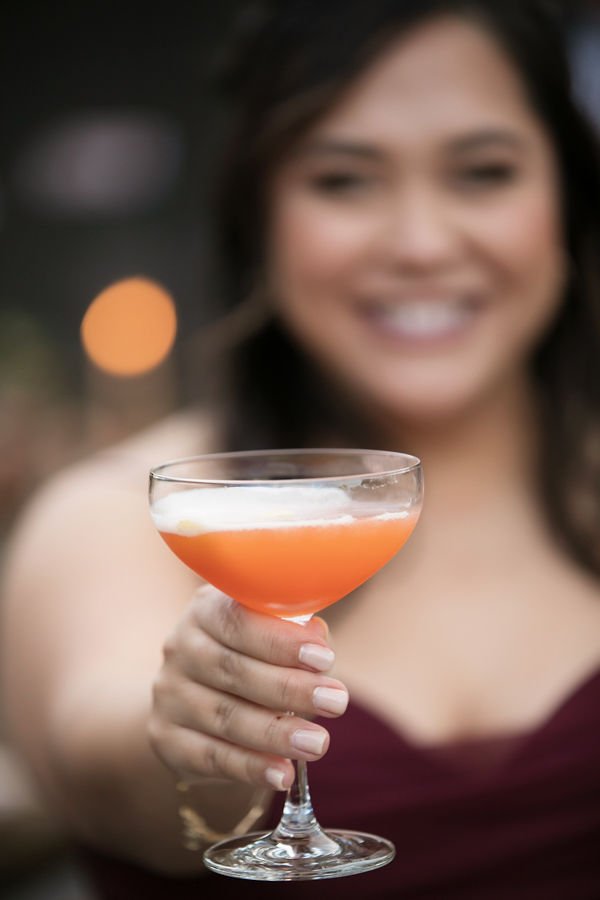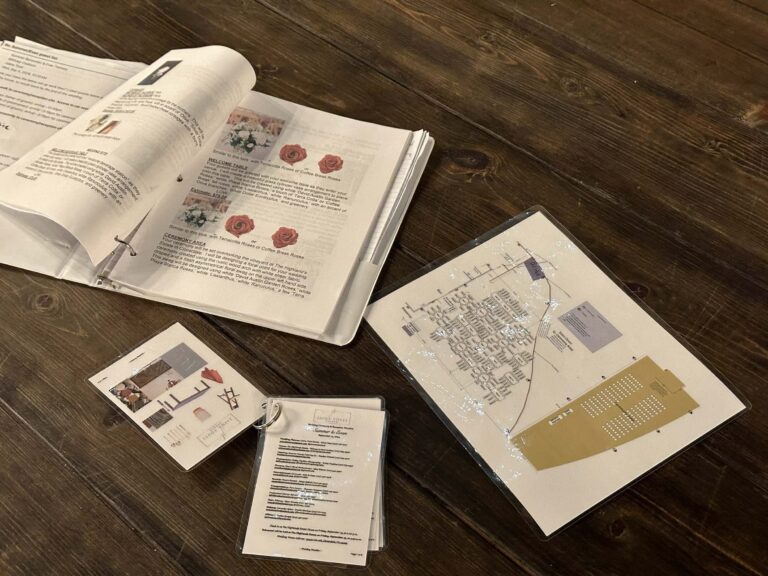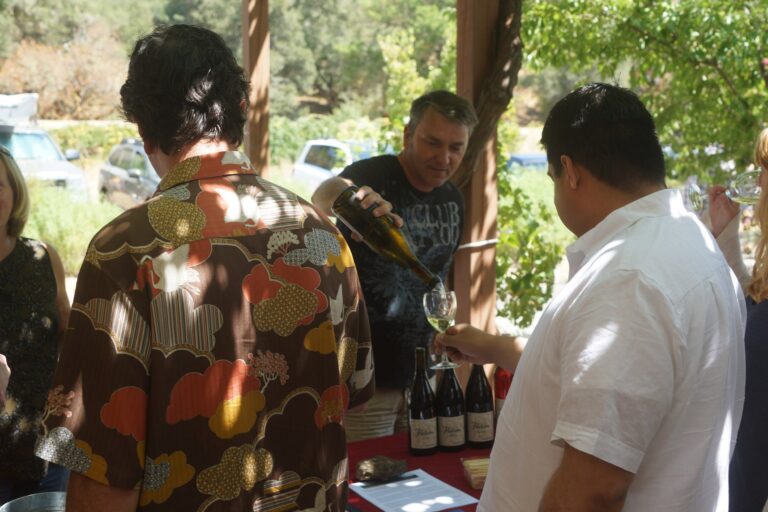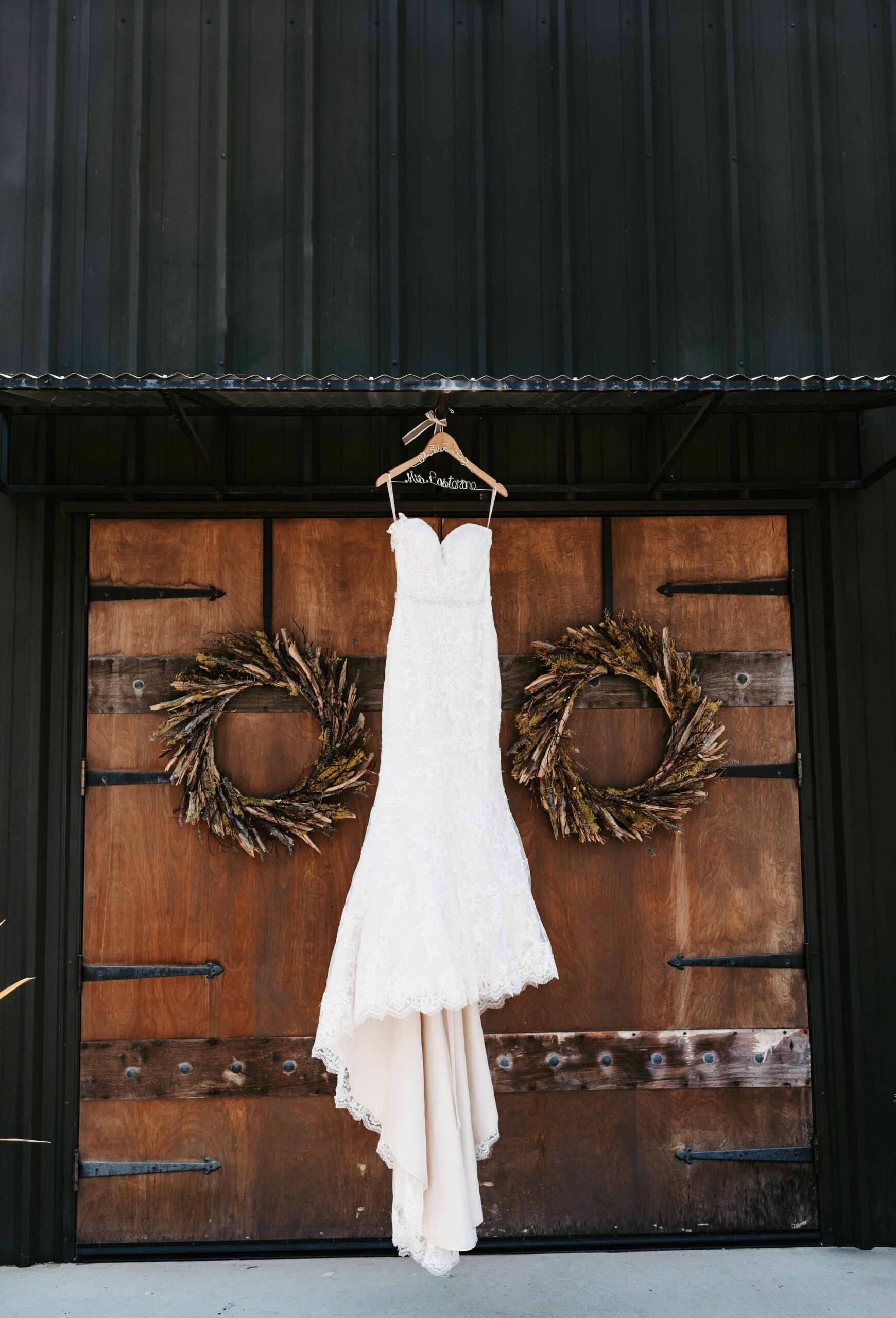Beauty trends may be all that we see on our Instagram feeds today but they’re nothing new. In fact, beauty and self-care tips and tricks, so to speak, are as old as civilisation itself perhaps. There are records of some of the earliest societies recorded to have practiced their own forms of care and beauty — and as Pakistani’s we are no strangers to these traditions.
What we now call “totkas” — that roughly translates to a tips and tricks to solve a problem and has become a bit of a buzzword on Instagram and TikTok — are a collection of beauty traditions and practices from older generations that have recently found new life on social media. Tips from our nanis and dadis are being revamped and promoted by content creators across platforms — and Instagram in particular — in an attempt to get audiences hooked onto DIY’s and homemade concoctions that promise aesthetic changes and instant results.
“Totkas are very very popular on Instagram because of an increase and boom in Instagram influencers. People tend to follow someone who has more following as opposed to someone who can guide you to the right treatment,” Dr Heba Saleem, a dermatologist, tells Geo.tv.
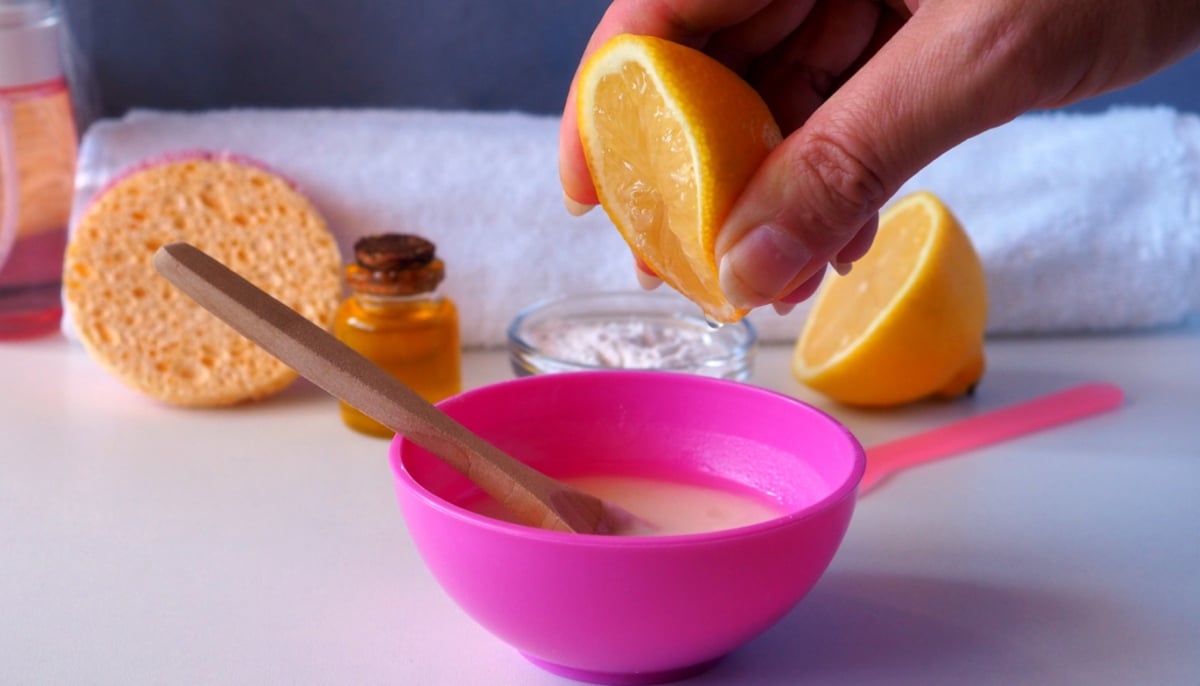
For many, this return to totkas is a symbol of returning to their ancestral roots, and perhaps moving away from a capitalistic approach to their wellness. During COVID-19, they also became a form of self-care for many looking for ways to connect with themselves. Lubinca Noman, a skin care enthusiast who has explored many different approaches to find out what works for her, observes that she really saw totkas picking up during lockdown as they were an outlet for many people to care for themselves.
“I used to get really inspired by totkas online and it initially really helped me lose weight for example; but at the same time, I started doing these crash diets, and I got too into it,” she says adding, “With what you see on instagram you do get inspired but they have an impact on your mental health as well, because these trends only focus on physical health.”
She is not the only one getting caught up in trying one totka after another under Instagram’s very un-expert guidance and she offers a word of caution to others: don’t fall for everything you see online.
In an Instagram-obsessed world that craves instant gratification, experts question whether these totkas are becoming another avenue that pushes women further into being conscious about their bodies and constantly wanting to change themselves. While some claim they allow women to explore wellness, others are more wary of these quick trends.
Lifestyle and wellness coach Mantaha Tareen, believes that these totkas appeal to many women because they present “quick fixes”.
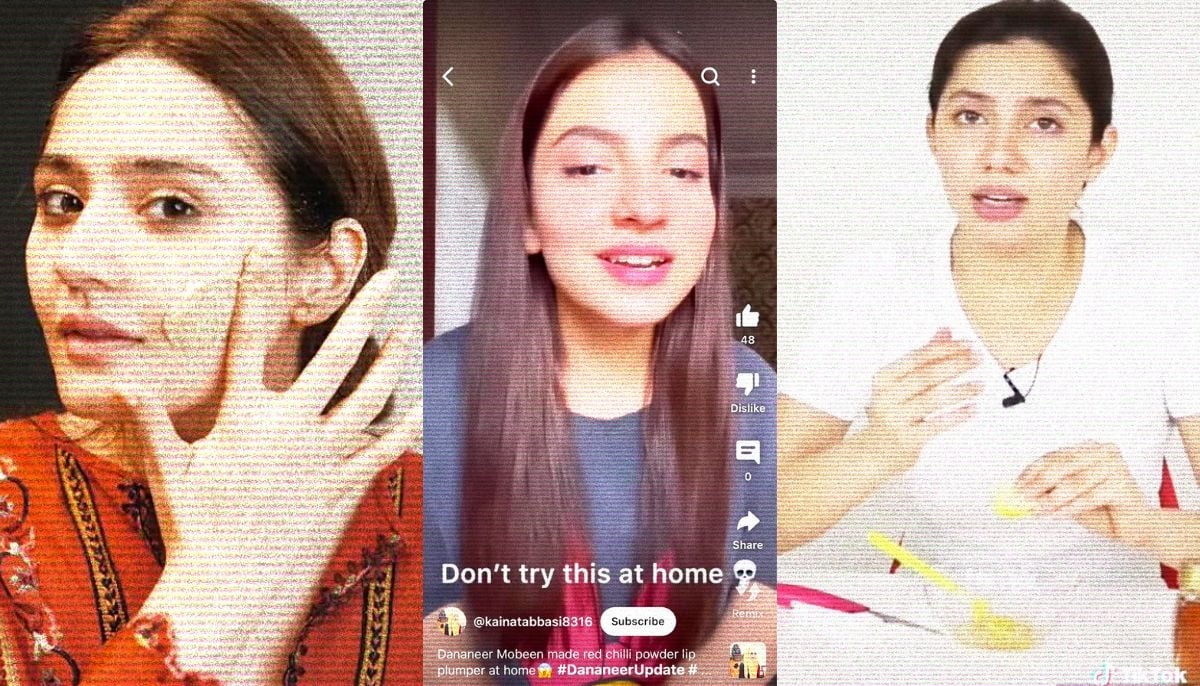
“The impact they have on women’s perceptions is that they think everything can be easily fixed. There’s this need for instant gratification,” Tareen tells Geo.tv, adding, “you don’t have to work hard, everyone thinks they can have five cups of green tea and lose weight.” She believes that these have adverse effects on women’s wellness overall, especially in the long term because anything used more than necessary has side effects and these totkas do too.
Even if they don’t necessarily have physical side effects the long-term mental health impact of these trends can be detrimental.
As one example, skin expert Shehla Khan shares how her daughters came across one such piece of advice on TikTok. “They came to me and said they’d seen a TikTok video that claimed if you rub castor oil on your belly button you’ll wake up with a flatter belly and told me that they had tried it and it hadn’t worked,” she tells Geo.tv.
She shares that she immediately told them to not believe such claims as not only will they never work, but they also take away from a holistic focus on wellbeing to quick fixes over aesthetics that leave women feeling like they should be changing things about themselves.
Khan doesn’t blame totkas necessarily, but rather the way they’ve been packaged, and Tareen agrees too. Both of them point out that when a totka is proven safe and effective, they’re more than happy to use it or recommend it to clients, but in a way that makes them see it as an additional step towards their holistic health and not something to “fix” them.
“I do recommend lemon water to my clients but that’s because of its other health benefits, like PH balance, not for weight loss,” Tareen says.
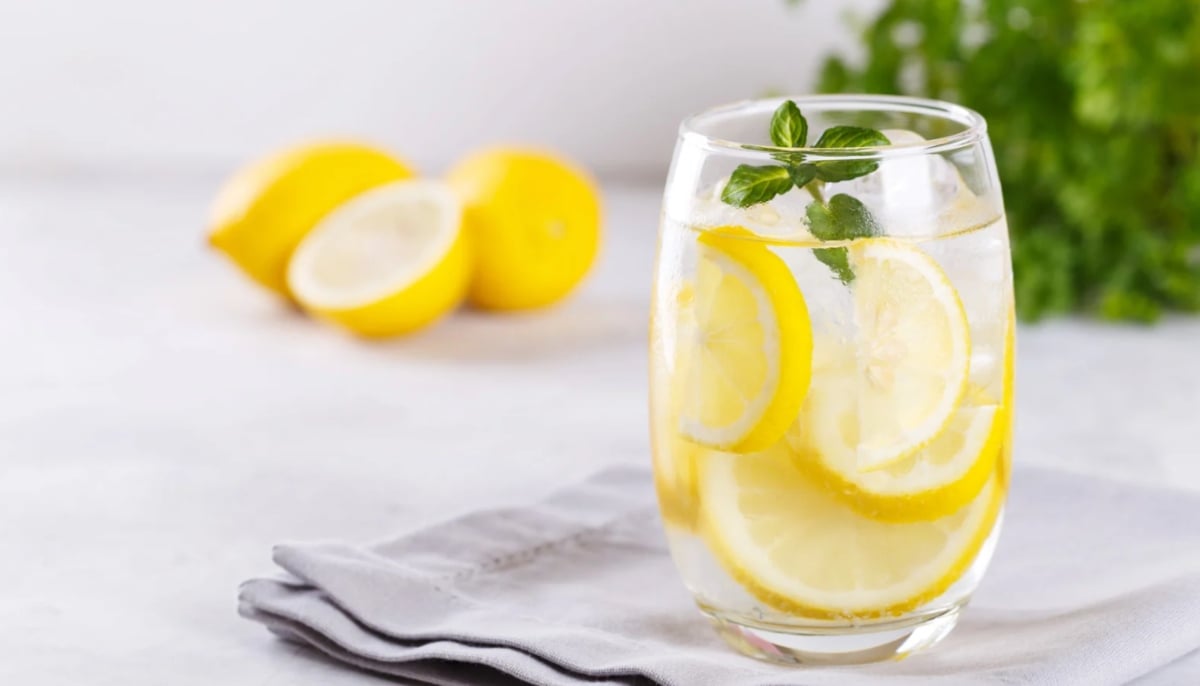
Noman also shares that she realised these totkas were having a detrimental impact on her when she saw herself get caught up in blindly following one after the other, even when they were making certain issues, she was having worse. She does believe that home remedies and DIYs can bring benefits especially for those who may not have the time or resources to find self-care options outside of the house, but also says she has become more mindful of what works for both her physical and mental health.
Totkas have also changed over time and may not be reliable in the same way. But “50 or 100 years ago, the natural ingredients you found were fresh and organic. Nowadays these ingredients are not fresh and organic. There are chemicals, and fertilisers, so now natural totkas with those things will create repercussions,” says Khan.
Instead, Tareen believes that there should be a greater push for women’s wellness as a whole within these conversations. “Women’s wellness should be a part of everyday conversations. There are women who have worked hard to empower everyday women, and there should be podcasts focused around how to build good relationships,” she says.
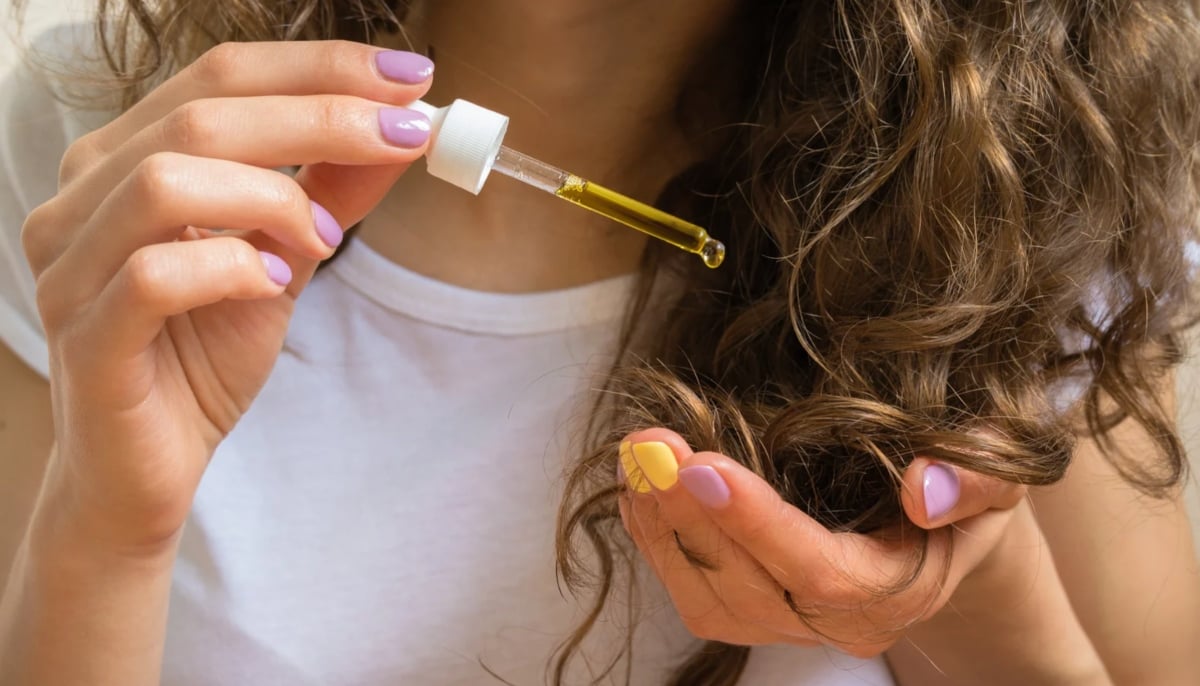
What she wants to focus on is drawing women away from only believing a video or a hack they see posed as a totka, and instead making them more concerned about researching why they should do something for themselves.
There’s nothing wrong with wanting to look good or feel confident, and natural remedies can be a great way of connecting with yourself — if done under the right guidance and expertise. Saleem says you can build a better relationship with these totkas by listening to those people who have the knowledge or expertise or scientific backing for a particular totka or hack. She added that when someone shares a totka, ask yourself if it is coming from their “experience or knowledge or education” before blindingly following them.
The problem isn’t the totkas, but the fact that they’ve been packaged in a way that now makes women feel worse about themselves and until that mindset is changed, we won’t ever be able to build a holistic wellness industry.
Anmol Irfan is a Lahore-based journalist. She writes about intersectional feminist politics, gender inequality, minority rights and how culture and politics interact.
This article is part of Big Picture’s women’s health series.
Header and thumbnail illustration by Geo.tv


